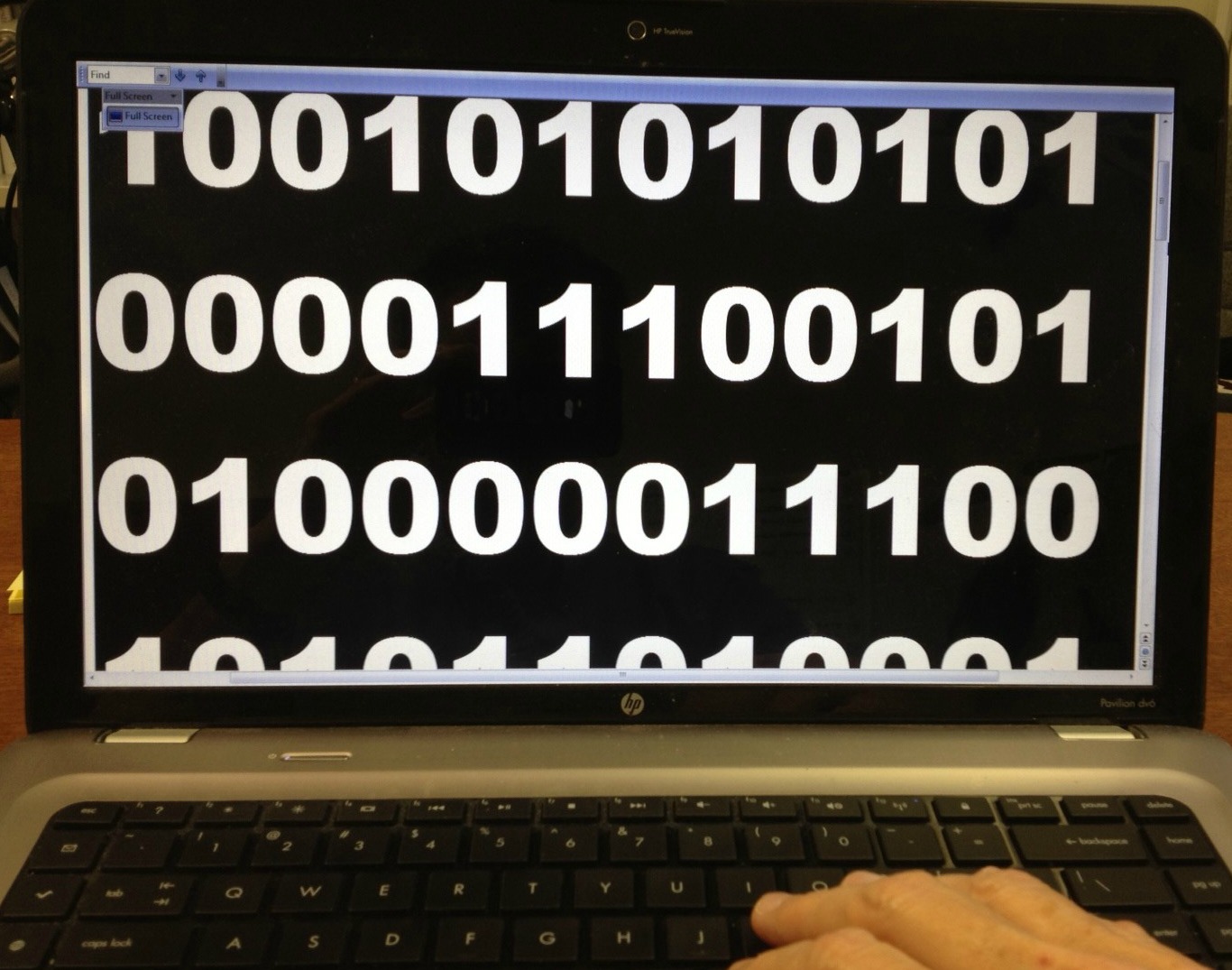Will the 'Internet of Things' make CIOs' jobs harder?

Will the 'Internet of Things' make CIOs' jobs harder?
Maybe -- actually, Mahesh Kumar, CMO of BDNA, even goes in to suggest that the Internet of Things will "sink IT."

Ever-escalating amounts of data have been flowing into organizations for decades. I can remember a report on the world's largest databases about 15 years ago, in which a telecom had a jaw-dropping one terabyte of data on its premises. Enterprises responded with lots of extra disk, which was okay, since the cost of storage was constantly in free fall.
The problem is, he says, is big data -- all the data flowing in from sensors, machines and applications. It's not necessarily the huge volume, but the variety and context of this data, arriving in unstructured formats, requiring a lot of integration work to make it all fit and usable by the business. Kumar predicts a "perfect storm" of data coming in from billions of devices -- at least 212 billion by the end of 2020, IDC predicts.
Kumar says IT departments need to lead the way with "implement scalable, sustainable processes for managing and cleaning all that data, and use the clean data to support varied IT decisions."
What does that mean? Enterprises need to develop architectural approaches to the management of data. Meaning the development of repeatable processes to source, ingest, transform and store information. For years, IT managers simply bought more hardware and addressed data with on-off integration projects. Now it's time for enterprise architecture.
In the meantime, the Internet of Things likely won't sink IT -- if anything, it means more job security.